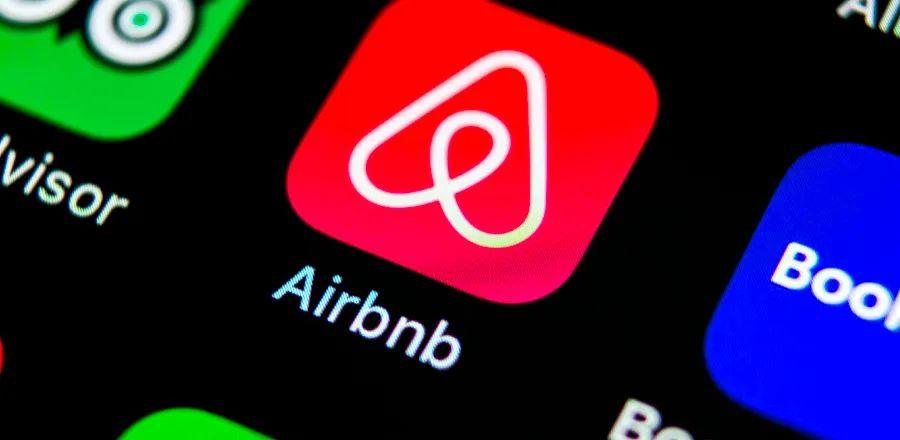Does Booking Airbnbs in Ukraine Truly Benefit the Local Community?

After Russia's invasion of Ukraine on February 24, Sarah Brown felt compelled to help but was unsure how. She explored various options, including organizations like UNICEF and World Help, ultimately deciding that she wanted to make a more personal impact.
Brown manages 30 Airbnb properties in Park City, Utah, and believed the quickest way to assist was to reserve stays in Ukraine. She had no plans to visit the rentals herself; her goal was simply to channel vital funds to the hosts. In her booking message, she noted her absence and expressed, 'I just wanted to send some love your way.'
Shortly after, one of the Ukrainian hosts responded with heartfelt thanks, sharing that the gesture 'does help us to survive these toughest days.'
Brown isn't alone in her efforts. In a show of solidarity with the Ukrainian people, countless supporters around the globe have been booking Airbnb stays in Ukraine as part of a grassroots initiative known as the 'pay, don’t stay' movement. By March 8, over 61,000 nights had been booked in Ukraine, translating to more than $2 million in what essentially amounts to grassroots donations (as of March 10, Airbnb had not provided updated figures).
Since then, numerous stories have emerged online about Ukrainian Airbnb hosts receiving funds and using them to pay their staff, offer free accommodations to fellow Ukrainians (if their properties are in safe areas), purchase supplies and food for soldiers, and more. While Airbnb is not directly involved in this initiative, the company has waived all fees, ensuring that every dollar spent goes straight to the hosts and is deposited into their accounts within 24 hours of the 'check-in,' according to Airbnb.
Despite the good intentions behind these charitable bookings, social media has historically been a hotspot for scams, and unfortunately, this situation is no different. As the movement gained traction, some fraudsters have attempted to exploit the generosity by creating fake listings. So, how can you ensure your money reaches those in genuine need?
How to Ensure Your Contributions Reach Ukrainians in Need
Before booking, there's often limited transparency regarding the hosts on the Airbnb website. They could be either a local individual trying to survive or a scam artist operating a fake account—determining which can be quite challenging.
When asked how the platform is addressing potential fraud, Airbnb communications manager Haven Thorn stated, 'Airbnb is actively monitoring listing activity in Ukraine, in addition to our strong measures in place to detect and prevent fraudulent actions.'
One reliable strategy, according to Thorn, is to book with an Airbnb host who has multiple reviews from before 2022—these listings predate the onset of conflict. This approach should help eliminate scams, though it may also inadvertently exclude some legitimate hosts who have yet to receive reviews.
Choosing Between an Individual Host and a Management Company
Brown mentioned she had heard worries about ensuring that funds reach individuals rather than corporations. The concern lies in the inability to verify whether a business is based in Ukraine or elsewhere, and there’s a chance that funds could unintentionally flow to Russia if the listing originates from there.
While she understands the concerns, it hasn’t deterred her from contributing when larger companies are involved.
'We’ve personally collaborated with two property management firms, and they’ve assured us they’re using the funds to continue paying their staff and supporting their local community,' Brown stated. She often follows up with a message to inquire if the recipient is truly a Ukrainian in need. While this method isn’t foolproof, she hopes for honesty in their responses.
If you prefer to donate directly to an individual, she suggested looking for a shared room or a room in someone’s home (which is less likely to be managed by a corporation), rather than opting for an entire apartment or house.
Additional Airbnb Initiatives
In addition to booking accommodations, some Airbnb users have started scheduling experiences like walking tours and wine tastings. This process is similar to reserving a room and provides opportunities for more Ukrainians. However, the same safety measures should be taken. If you choose this option, ensure the experience was created before the conflict began.
On February 28, Airbnb and its philanthropic branch, Airbnb.org, announced efforts to assist in housing up to 100,000 refugees fleeing Ukraine. These stays are free for refugees, funded by Airbnb, contributions from hosts, and donations to Airbnb.org. This offers another avenue for support if booking with an individual host raises concerns. According to Liz DeBold Fusco, a communications lead at Airbnb, the company is 'partnering with nonprofits on the ground that are directly assisting refugees to provide housing support.' As of March 10, Airbnb's partners include the International Organization for Migration and the German Federal Ministry of the Interior and Homeland.
Airbnb reports that over 30,000 hosts have registered to offer shelter to refugees, primarily in Poland, Moldova, Romania, Hungary, and Slovakia.
At present, the brand is committed to providing two weeks of accommodation per rental, though it's difficult to determine how many refugees might utilize a single rental—this could range from an individual to an entire family. A representative from the brand mentioned they will reassess and potentially increase the duration of stays as the situation develops.

1

2

3

4

5
Evaluation :
5/5